
Stephen Hawking said he had a simple answer when asked whether he believed in god
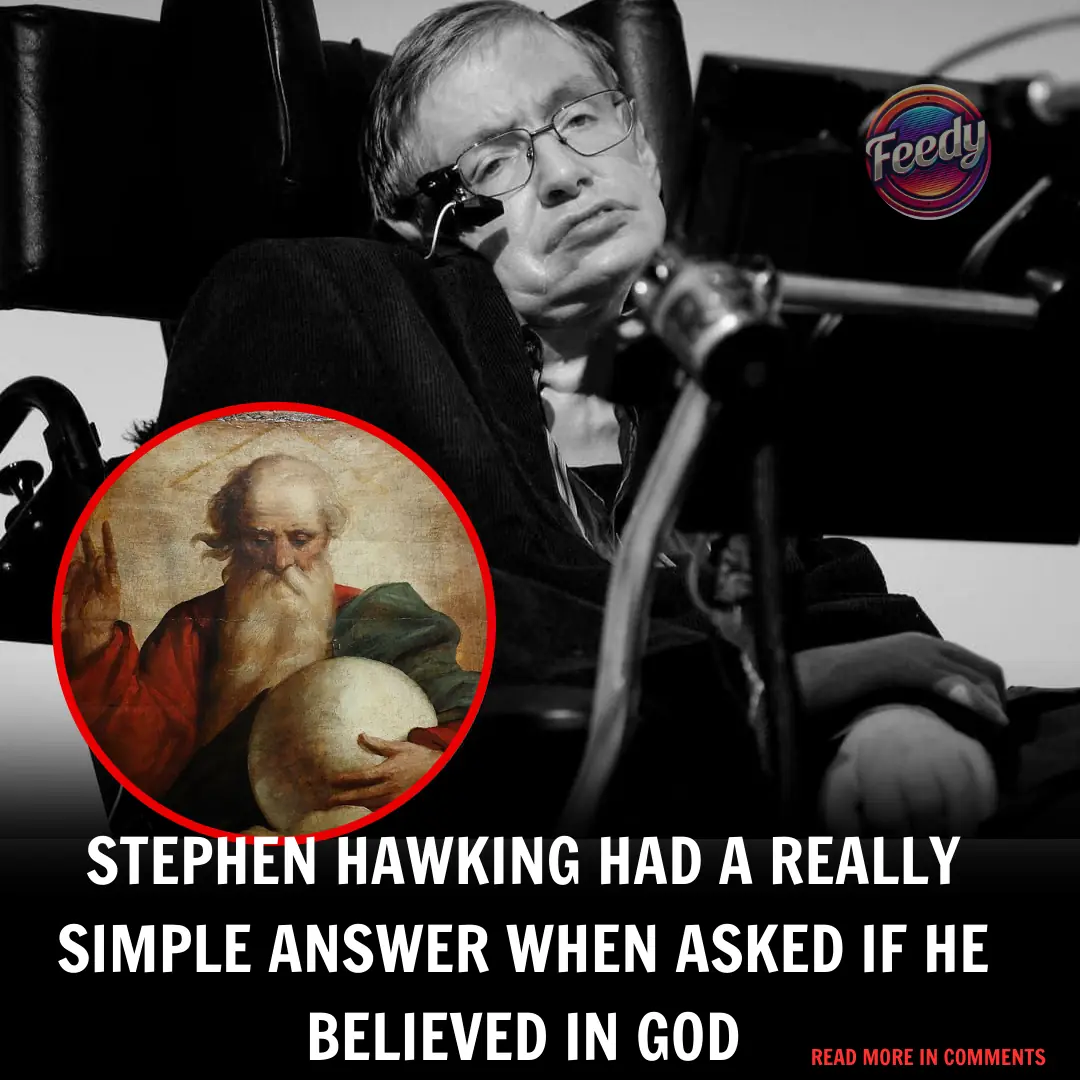
Stephen Hawking, one of the most brilliant minds of the 20th and 21st centuries, was revered not only for his groundbreaking contributions to theoretical physics but also for his profound philosophical insights into some of humanity’s oldest questions. Among the many topics he explored, Hawking often addressed the ideas of God, religion, and the afterlife—subjects that continue to captivate scientists, theologians, and laypeople alike.
A Lifelong Quest for Understanding
Diagnosed with ALS at just 21 years old, Hawking defied medical expectations and went on to live a full life, making monumental contributions to cosmology, black hole theory, and quantum gravity. As someone who spent his life contemplating the deepest mysteries of the universe, it was inevitable that questions about existence, purpose, and what (if anything) lies beyond death would arise in his work and public appearances.
On Belief and the Existence of God
Hawking made his position on religion clear on multiple occasions. Though he was raised in a Christian household, his journey through science and reason eventually led him to a more atheistic worldview. In a 2014 interview with the Spanish newspaper El Mundo, he stated bluntly:
“Before we understand science, it is natural to believe that God created the universe. But now science offers a more convincing explanation.”
To Hawking, the beauty and order of the universe did not require a divine creator. Instead, he saw the laws of nature—particularly physics—as offering a more comprehensive and evidence-based understanding of existence. He viewed religious explanations as rooted in faith, lacking the empirical foundation necessary for scientific validation.
The Grand Design: A Universe Without a Creator
Hawking expanded on his ideas in the book The Grand Design, co-authored with physicist Leonard Mlodinow. In it, he asserted that the existence of the universe can be explained without invoking God:
“Because there is a law such as gravity, the universe can and will create itself from nothing… Spontaneous creation is the reason there is something rather than nothing, why the universe exists, why we exist.”
This statement sparked global discussion and controversy. Critics argued that his ideas challenged not only religious doctrine but the very notion of purpose and meaning. Supporters praised his courage in presenting a rational, albeit unsettling, interpretation of cosmic origins.
On Death and the Afterlife
Hawking’s views on the afterlife were equally unambiguous. In his final book Brief Answers to the Big Questions, he addressed the idea of what happens after death:
“No one created the universe and no one directs our fate. This leads me to a profound realization—there’s probably no Heaven and no afterlife either… I think belief in an afterlife is just wishful thinking. There is no reliable evidence for it, and it flies in the face of everything we know in science.”
For Hawking, death was not the beginning of another existence, but the final chapter of consciousness. He likened the human brain to a computer, and once its components fail, he believed that consciousness ends. “There is no heaven or afterlife for broken-down computers,” he once quipped. “That is a fairy story for people afraid of the dark.”
Respecting Differences in Belief
Despite his strong stance on atheism, Hawking never sought to ridicule or belittle those who held spiritual beliefs. In fact, he was often respectful and measured when discussing faith.
“We are each free to believe what we want, and it’s my view that the simplest explanation is that there is no God,” he said.
Hawking acknowledged that belief systems serve different purposes for different people, often offering comfort in the face of life’s greatest uncertainties.
Legacy of a Scientific Humanist
While many disagreed with Hawking’s conclusions about God and the afterlife, few could deny the intellectual depth and sincerity with which he explored these subjects. His legacy is not just one of scientific discovery, but of relentless inquiry, courage in the face of adversity, and an unwavering belief in the power of human reason.
His work challenged us to confront the unknown with logic, evidence, and humility. Whether or not one agrees with his views, Stephen Hawking’s reflections on life, death, and the cosmos continue to inspire dialogue and introspection across cultures and beliefs.
In the end, Hawking left behind more than theories—he left a way of thinking, a method of wonder, and a reminder that understanding the universe begins with asking questions, even the hardest ones.
News in the same category


It is with heavy hearts that we announce the passing of this legendary actor

Amber Heard’s Face Is The ‘Most Beautiful In The World,’ According To Scientists

Jin of BTS is going on a solo tour!
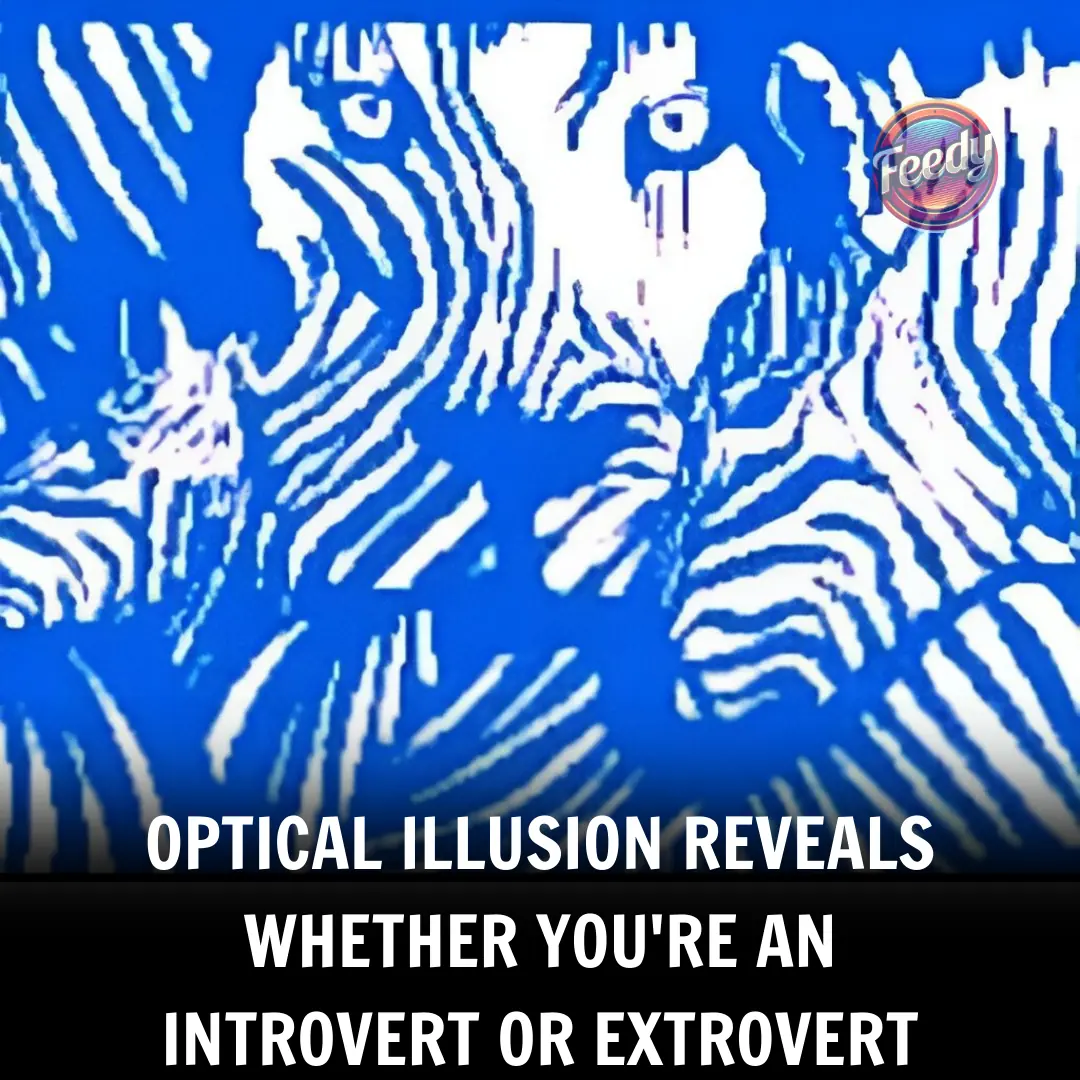
Optical illusion reveals whether you’re an introvert or extrovert

A patient passed away after a nursing intern accidentally injected milk coffee into their vein.

The IT boss, his wife, and their three kids were identified as the victims of the New York helicopter tragedy

UK: A penniless father of 3 commits suicide while waiting for welfare payments
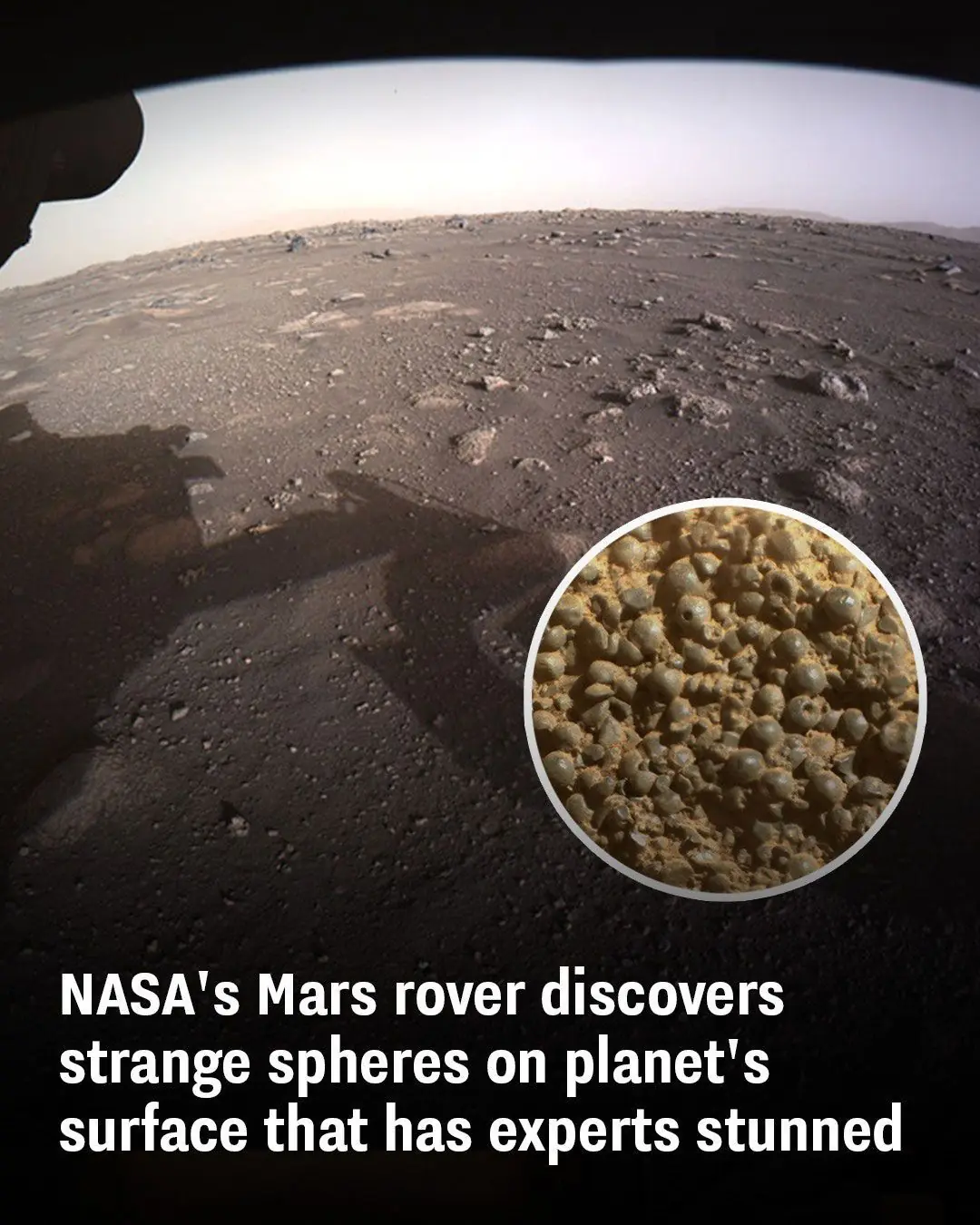
NASA’s Mars Rover Uncovers Mysterious Spheres On The Planet’s Surface, Leaving Experts Baffled

Philippine Film Icon Nora Aunor Passes Away at 71
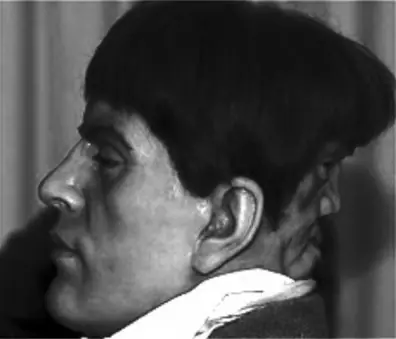
Edward Mordake: The Man with Two Faces and the Tragic Legend…

A Mystical Discovery on a Sussex Beach: Fossil of a “Fairy” Found in 2015?

People Freaked Out After Spotting Creepy Hidden Face in Group Photo

California Authorities Identify Human Remains As A 13-Year-Old Girl Who Vanished 50 Years Ago

Pope Francis is back at the Vatican after a five-week hospital
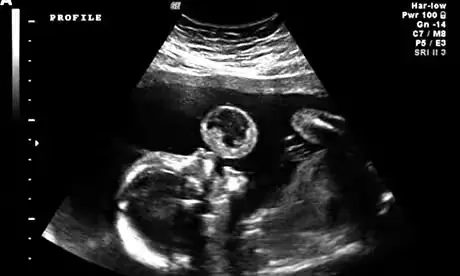
Mother’s Ultrasound Shows Baby ‘Blowing Bubbles’ Then Doctors Discovered What It Really Was

Will Mission: Impossible 8 Be Hollywood’s Next Box Office Flop of the Year?

Man, 28, dies suddenly after doctors 'found 72 holes in his lungs

Viral they find a giant snake and when they open it, they find a woman... SEE MORE
News Post

Does Your Thumb Reveal Your Future? This Viral Hand Chart Thinks So

No One from Her Family Showed up for Our Café Older Regular’s Birthday—But I Tried to Fix It

My MIL Took Back the Bicycle She Gifted My Daughter for Her Birthday – For a Ridiculous Reason

Put Your Observation Skills to the Test!

My Family Left Grandpa at the Hotel to Avoid Paying — They Didn't Realize I Was the Wrong Grandson to Mess With

How to Get Rid of Dark Spots Using Onion Juice Ice Cubes

I Was Looking At a Photo of My Late Wife and Me When Something Fell Out of the Frame and Made Me Go Pale

New COVID Wave Surges — Health Officials Sound Alarm As Cases Double

My Husband Used My Inheritance Money to Buy His Mom a Car for Christmas — So I Taught Him a Lesson About Betrayal

Roasted onion peel treatment for grey hair

It is with heavy hearts that we announce the passing of this legendary actor

After six years as a naked cleaner, she's seen it all—from curious clients to some who push boundaries.

Natural Keratin Treatment At Home

Amber Heard’s Face Is The ‘Most Beautiful In The World,’ According To Scientists

An expert advises parents to get their baby’s permission before changing their diapers

Cloves and Onion Peel For Grey Hair

Pickle Juice: A Tangy Elixir with Surprising Health Benefits — If You Use It Right

Jin of BTS is going on a solo tour!

Stop buying these at the store. 8 homemade frostings you can make at home
